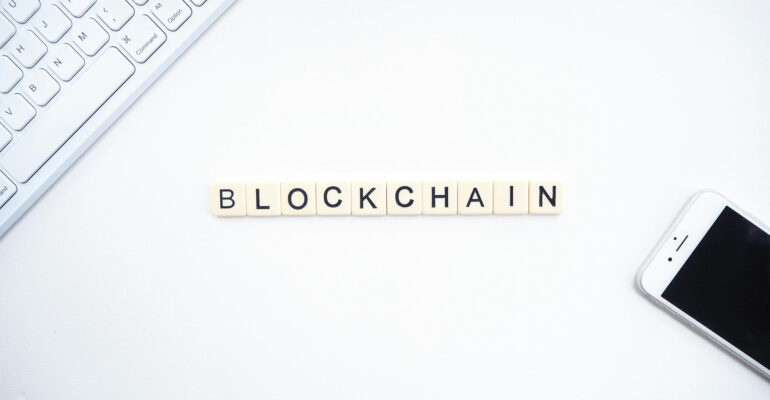Can Blockchain revolutionalize the way we live?
Blockchain is a shared, immutable distributed digital ledger for recording transactions, tracking assets and building trust with cryptography locks on it. Virtually anything of value can be tracked and traded on a blockchain network, reducing risk and cutting costs for all involved. Although the application of this technology is still relatively new, its potential is beginning to be explored in areas other than crypto currency.
The possibilities of blockchain for trade are equally intriguing. Consumers are becoming increasingly concerned about the provenance of the things they purchase (whether food, clothing, other consumables) for ethical or quality reasons. Blockchain is expected to give product proof of integrity in increasingly complex supply chains. This proof can be used by SMEs or small producers to locate buyers for their products or obtain a marketing edge.
Why blockchain is important:
Information is the lifeblood of a business. The faster and more accurate it is received, the better. Because it delivers immediate, shareable, and entirely transparent information kept on an immutable ledger that can only be viewed by permissioned network users, blockchain is excellent for delivering that information. Orders, payments, accounts, production, and much more may all be tracked using a blockchain network. You can see all facts of a transaction end-to-end because members share a single view of the truth, providing you greater confidence as well as additional efficiencies and opportunities.
Key elements of a blockchain
Distributed ledger technology
The distributed ledger and its immutable record of transactions are accessible to all network participants. Transactions are only recorded once with this shared ledger, eliminating the duplication of effort that is common in traditional corporate networks.
Immutable records
After a transaction has been logged to the shared ledger, no participant can edit or tamper with it. If a mistake is found in a transaction record, a new transaction must be made to correct the error, and both transactions must then be visible.
Benefits of blockchain
Greater trust
As a member of a members-only network, you can trust that you will receive accurate and timely data from blockchain, and that your confidential blockchain records will be shared only with network members to whom you have specifically authorised access.
Greater security
All network participants must agree on data accuracy, and all confirmed transactions are immutable because they are permanently recorded. A transaction cannot be deleted by anyone, not even the system administrator.
More efficiencies
Time-consuming record reconciliations are eliminated with a distributed ledger shared across network participants. A collection of rules called a smart contract can be placed on the blockchain and implemented automatically to speed up transactions.
Conclusion:
Blockchain has the potential to affect trade policy and regulation, as well as provide a new paradigm for worldwide trade. While it is clear that blockchain can be effective in the supply chain, the bigger opportunity is customer engagement. It has the potential to transform the global trading environment into one that is more customer-friendly. However, there are still important concerns to be handled that cannot be managed just through technology. Reform and modernisation of border administration, for example, bring a slew of new issues (e.g. institutional capacity, etc). Before the full potential and impact of blockchain on trade facilitation can be realised, further pilot work and research is required.






